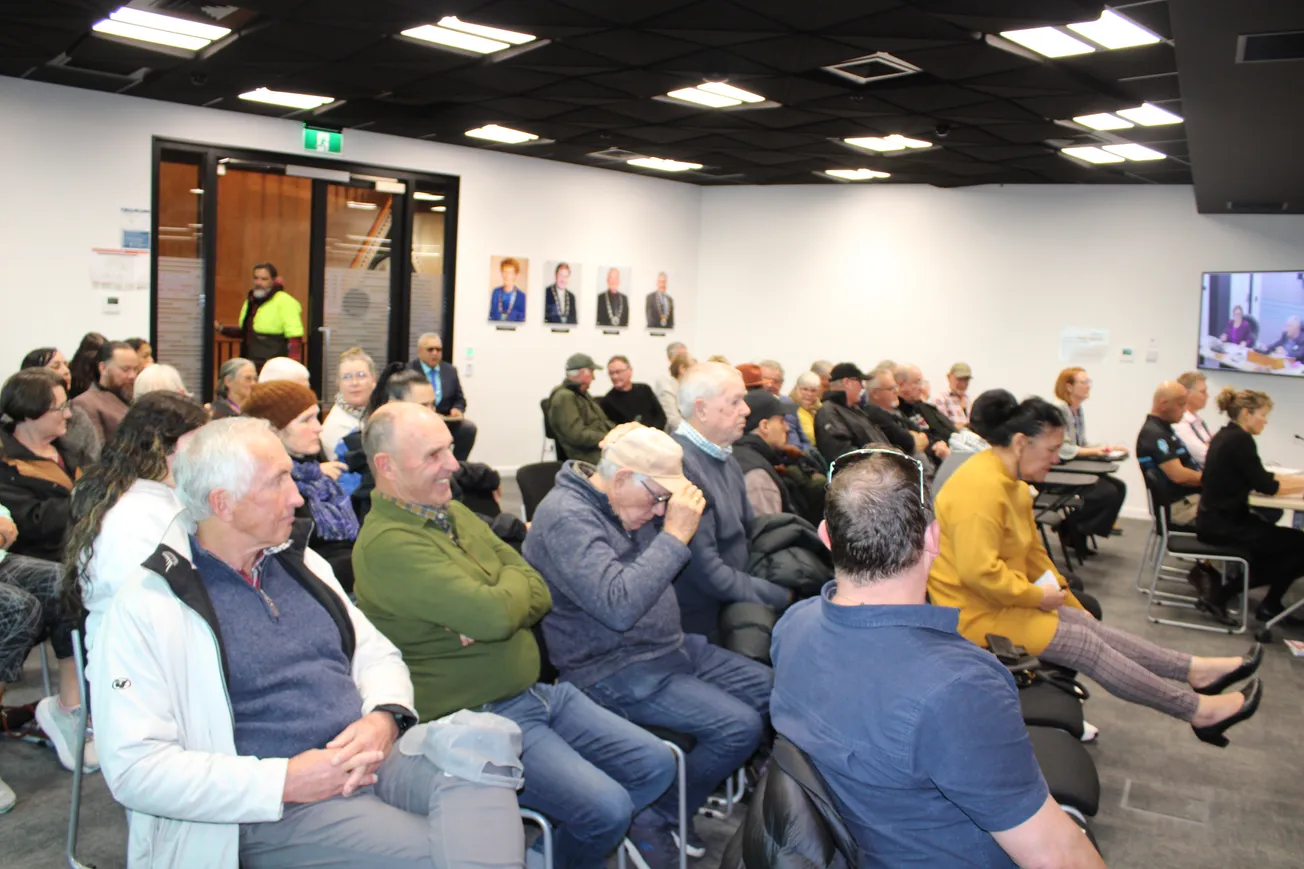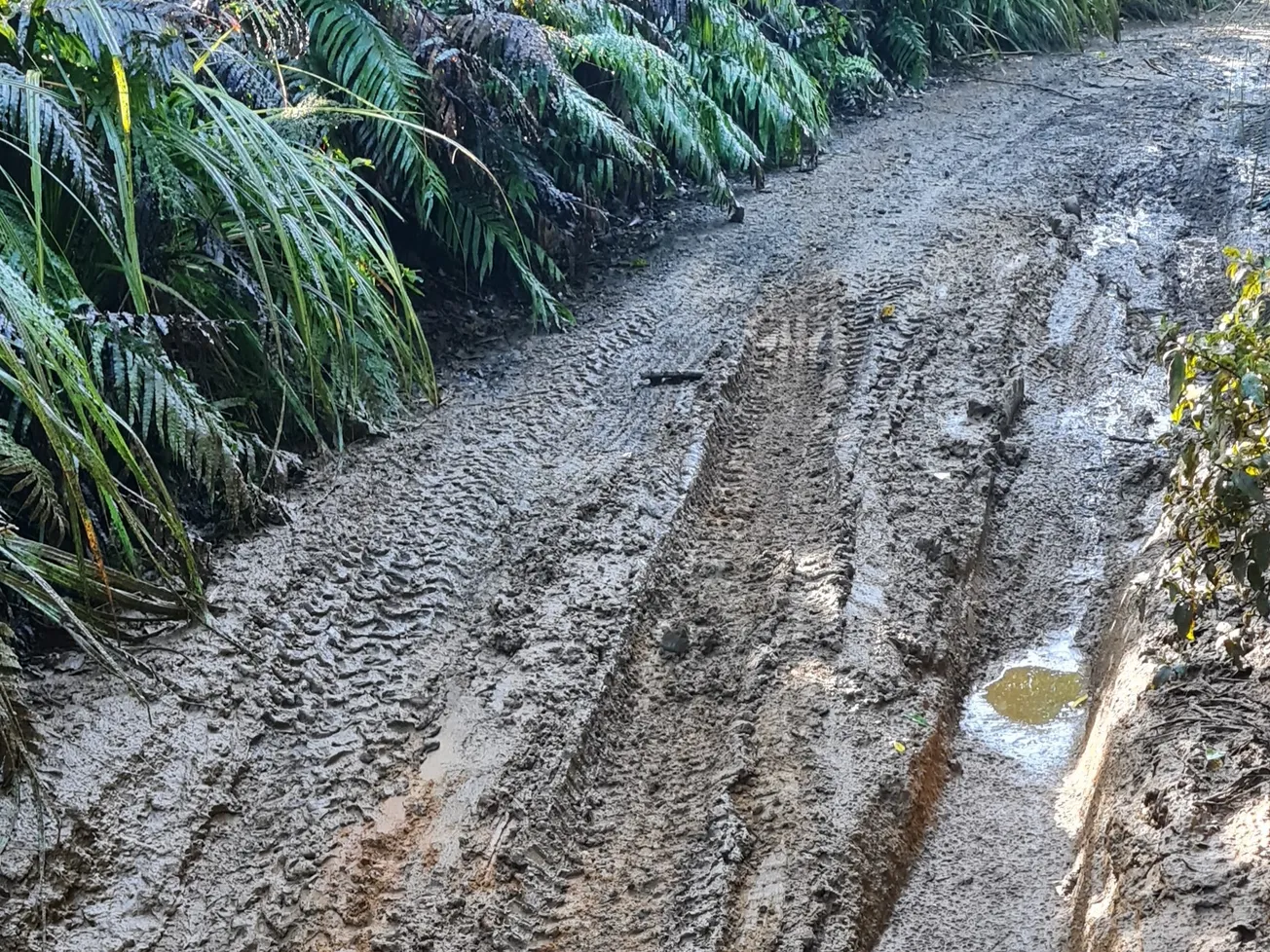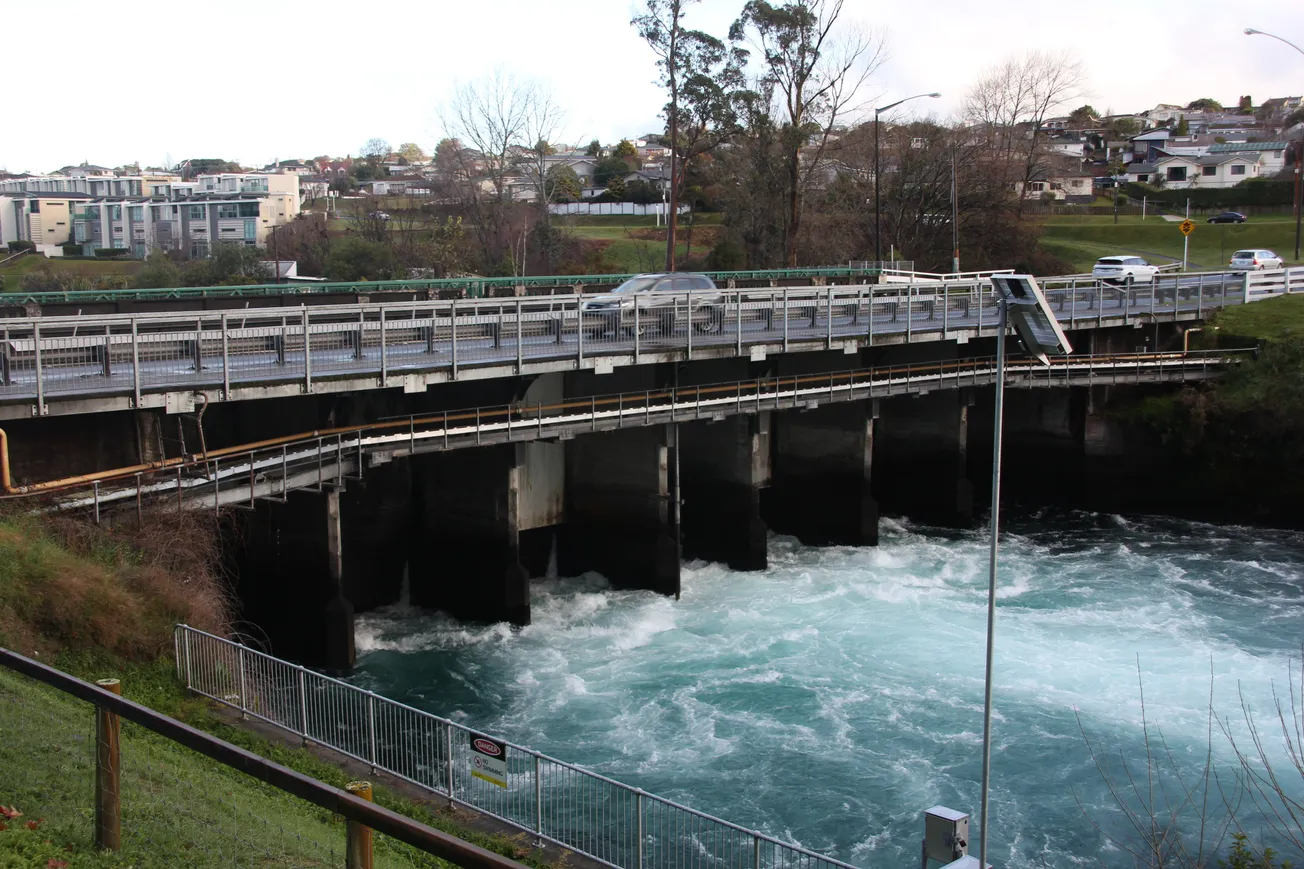Full story
Sustainability, both economic and environmental, are at the heart of a joint proposal from Taupō and Rotorua to central government's Regional Deals initiative.
If taken up, it could enhance the Rotorua-Taupō region's ability to attract investment, create jobs, and enhance industry resilience, say its backers - Rotorua's economic development agency RotoruaNZ, Taupō's economic development agency Amplify, Rotorua Lakes Council, Taupō District Council, and the Bay of Plenty Regional Council.
The region contributes more than $7 billion annually to New Zealand's GDP.
No Direct Funding Available
The deals initiative, led by the Department of Internal Affairs (DIA) aims to create agreements between central and local government that provide certainty for investment, improve critical infrastructure, and support long-term economic resilience.
However, as both Amplify chief executive officer Rick Keehan and DIA's general manager, local government policy Richard Ward say, there is no money on offer to advance any one proposal.
"Regional Deals are… a tool that councils can use to help unlock existing resources, funding and regulatory relief to support the coordination between regions and central government," says Ward.
Funding and financing tools in the DIA's Regional Deals Strategic Framework include 'setting' changes like support for targeted rates, a share of GST to local government or earn back mechanisms, legislative change, or a greater share of royalties from an activity like mining.
Long-Term Vision Over Specific Projects
"I suppose we realised that the government's not going to be running a PGF (Provincial Growth Fund) every three years forever," says Keehan.
"So how do we enable future sustainable economic development and investment into the regions and some of those settings can really do that."
The early light touch proposal wasn't really about settling on specific projects just yet, says Keehan, though the regional group "has loads and loads of ideas."
"How can we get ahead and create this sort of economic environment for the next five to 30 years where a whole number of different projects can end up getting established and landing. I guess we took the sort of approach of rather than picking a winner right now, by saying let's try and… have sort of a wider, bigger benefit for both districts, try and encourage some different settings or legislation or incentives… that will have a better long-term impact for us."
Forestry and Value-Added Processing
Between the two districts are some of New Zealand's biggest plantation pine forests, says Keehan.
"We are just primed to do more with our wood, so why not? And if the government can come to the party… and support wood or tourism or the bioeconomy, that sort of thing, then the development will happen because those barriers that are currently in place will be gone.
"And whether it's just picking one wood processor, or we end up with four or five doing different things and really adding value to the primary resources is pretty important."
Key Focus Areas
As well as moving from raw log exports to value-added wood processing and sustainable bio-based manufacturing, the proposal's other focus areas are:
- Addressing barriers to attract high-value, large tourism projects
- Expanding renewable, geothermal and biomass energy production
- Upgrading energy transmission infrastructure
- Strengthening regional and national supply chains
Regional Collaboration
Taupō Mayor David Trewavas says with Taupō and Rotorua both key economic hubs in the Central North Island, it makes sense to work together and build on shared strengths in tourism, energy, and the primary sector.
"For Taupō, this means securing investment to enhance our transport networks, expand our clean energy sector, and support the businesses that are the backbone of our local economy," he says.
"By partnering with central government and our regional neighbours, we're ensuring that Taupō remains a dynamic and thriving district."
Timeline
The government intends to complete the first regional deal by the end of 2025, with the next two finalised by October 2026 and more then signed off each subsequent year. The deals are to be based on a 30-year vision, with negotiated 10-year strategic plans.
Proposals from around the country were submitted at the end of February.






